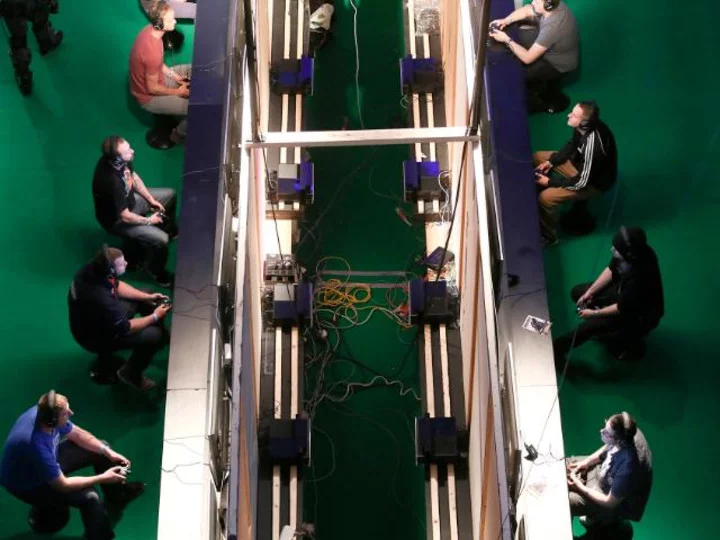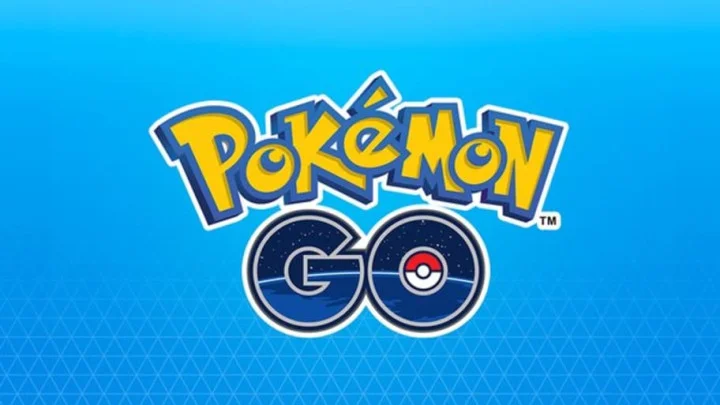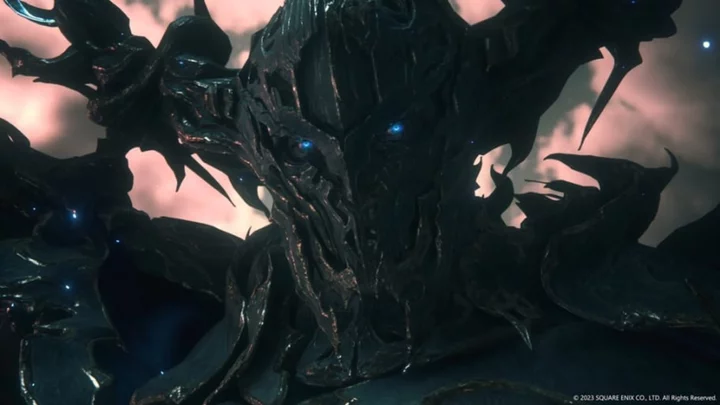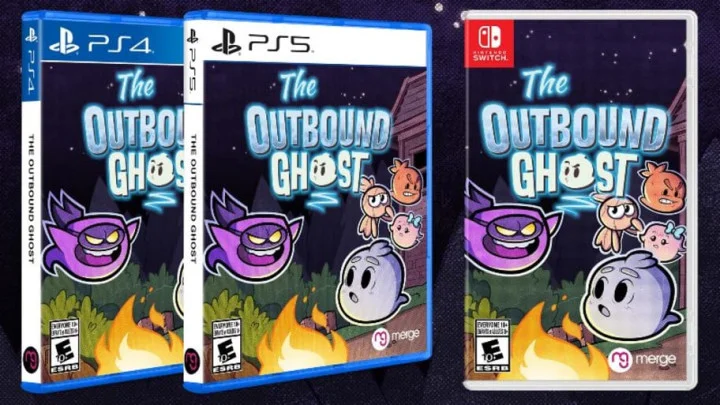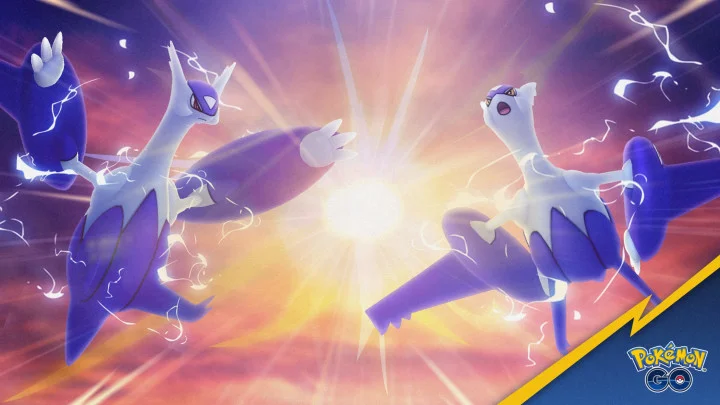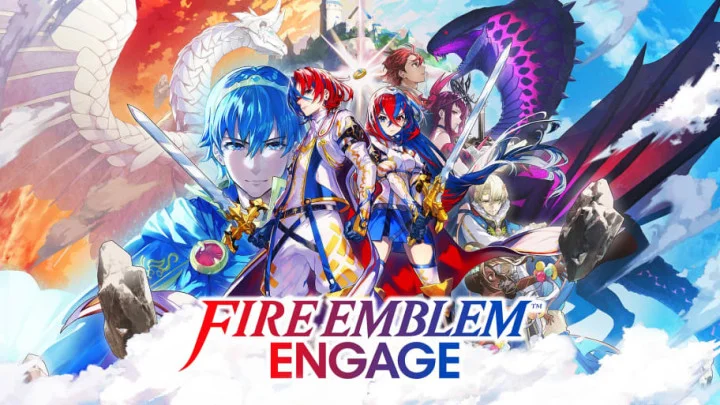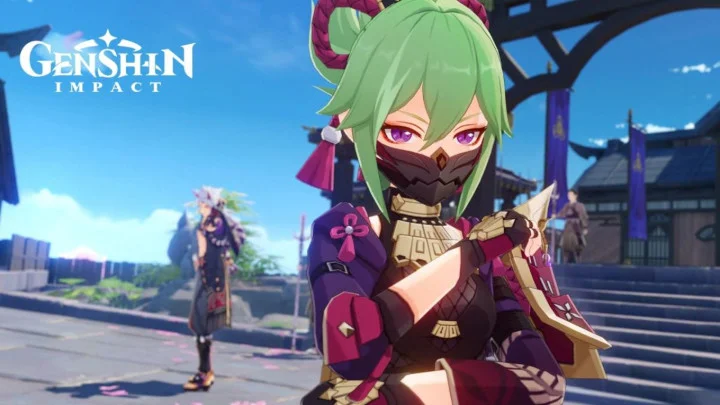For years, Microsoft flew under the radar as policymakers around the world went after Amazon, Facebook and Google as some of the biggest alleged threats to fair competition.
But now, more than two decades after its landmark court battle with the US government over browsers, Microsoft is firmly back in the antitrust hotseat. UK officials said Wednesday they will block the company's $69 billion deal to acquire video game giant Activision-Blizzard.
The decision, which Microsoft said it plans to appeal, follows the US Federal Trade Commission's lawsuit just months earlier to block the acquisition.
Both cases stand to make the Microsoft-Activision deal, already one of the largest proposed acquisitions in history, a groundbreaking moment for the tech industry and the future of competition regulation.
The outcome of the legal fights could shape merger activity for years to come, and further define the power that agencies including the FTC and the UK's Competition and Markets Authority have over large tech platforms.
It could also complicate Microsoft's future in the gaming industry and severely upend Activision, which was in the throes of an internal crisis in the months leading up to the deal.
How we got here
The antitrust cases revolve around allegations that Microsoft's proposed deal would harm competition in the gaming industry, particularly the emerging market for cloud gaming services, which enable consumers to access video games without having to download them to their devices.
By buying Activision, Microsoft would become the third-largest video game publisher in the world after Tencent and Sony.
A key concern some regulators have raised is the possibility that Microsoft could use its control over Activision titles, including "Call of Duty," "Overwatch" and "World of Warcraft," as a weapon in negotiations with other console makers or cloud gaming services who want to offer those games to their customers. That could harm not only the companies but also millions of consumers, policymakers have warned. (The UK dropped its concerns about the console market in March, while the European Union reportedly does not oppose the deal.)
In response to the concerns, Microsoft has struck voluntary agreements with some companies, such as Nintendo, Nvidia and Valve, to continue to make "Call of Duty" available to them after the close of the deal. It has offered, but not signed, a new agreement with one of the biggest critics of the deal, Sony.
The licensing agreements haven't assuaged the concerns of the FTC and the CMA, the latter of which on Wednesday said blocking the deal outright, rather than setting up a complicated compliance monitoring system for the merger, would "more effectively allow market forces" to drive development of new technologies such as cloud gaming.
A high-stakes court fight
The decision paves the way for a high-stakes court fight in the UK.
The UK appeals process involves taking the case to the country's Competition Appeal Tribunal, which can review the CMA's decision-making process for potential "illegality, irrationality or procedural impropriety."
The tribunal has said it generally aims to issue decisions on "straightforward" cases within nine months, though it's possible the Microsoft deal could lead to a lengthier process.
Legal experts have described the tribunal's standard of review as a "high bar" for companies like Microsoft seeking to appeal. In October, Facebook-parent Meta said it would unwind its acquisition of Giphy after the tribunal largely sided with the CMA in a similar appeal.
In the United States, antitrust cases can take years to play out. Though the FTC filed its administrative complaint in December challenging the deal, an in-house administrative law judge overseeing the case will not hold the first evidentiary hearing until August.
The case is a significant test for FTC Chair and tech industry skeptic Lina Khan, who has worked to challenge US legal orthodoxy on competition issues. For decades, US antitrust law has taken a permissive view of mergers and acquisitions, creating a possible uphill battle for the FTC. But the agency could still potentially reach a settlement with the company at any time.
An uncertain future if the deal falls apart
Should the deal fall apart under government scrutiny, Microsoft could face a more challenging road ahead pursuing future deals, and it could embolden regulators who have increasingly signaled they view video games and virtual reality as a major part of the global economy.
The company could also have to pay Activision a hefty breakup fee.
For Activision, fallout from the deal would risk leaving the company and its leadership where they were before Microsoft swooped in for a takeover: trying to move forward after facing allegations of worker harassment and a toxic office culture. Unless the company could find another buyer, the burden would fall on embattled CEO Bobby Kotick to continue cleaning up the company he has led for more than 30 years.
In a memo Wednesday to employees, Kotick attempted to strike an optimistic note, whatever the outcome of the deal may be.
"What gives me confidence," he wrote, "is that, whether on our own or united with another company, we are one of the strongest companies in our industry, poised for continued growth."

